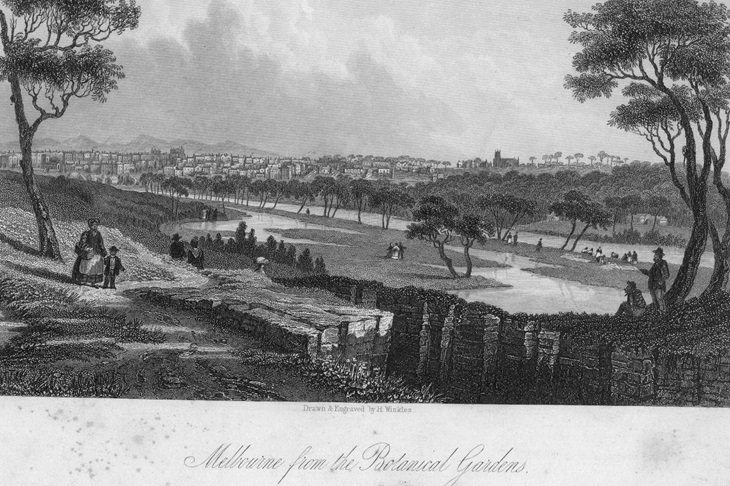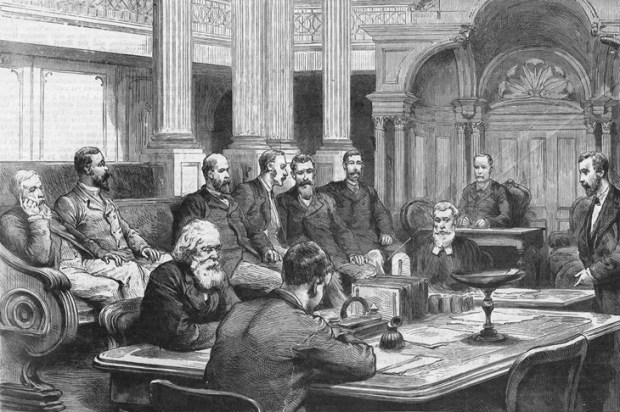When the first Europeans arrived to settle in Australia, it mattered not whether they were administrators, convicts, army officers, or free settlers. None had any idea of the land to which they had been transported. Its size was unknown as was its terrain. They could not know anything about the southern land’s weather or climate.
Already a subscriber? Log in
Subscribe for just $2 a week
Try a month of The Spectator Australia absolutely free and without commitment. Not only that but – if you choose to continue – you’ll pay just $2 a week for your first year.
- Unlimited access to spectator.com.au and app
- The weekly edition on the Spectator Australia app
- Spectator podcasts and newsletters
- Full access to spectator.co.uk
Or


























Comments
Don't miss out
Join the conversation with other Spectator Australia readers. Subscribe to leave a comment.
SUBSCRIBEAlready a subscriber? Log in